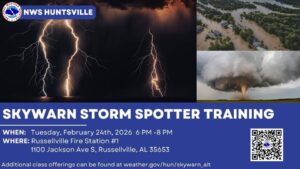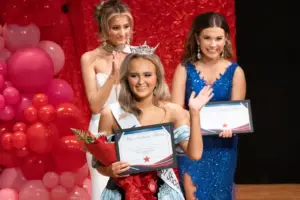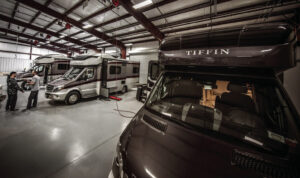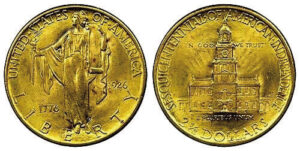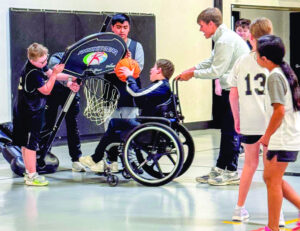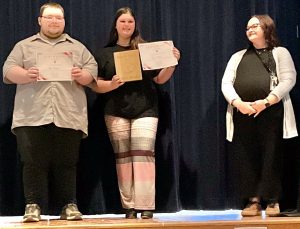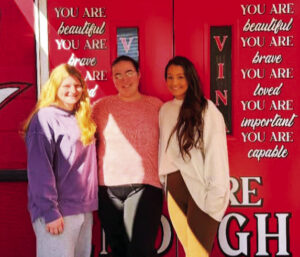Club Chronicles: General Federation of Women’s Clubs supports libraries
This year marks 130 years of the General Federation of Women’s Clubs’ service to communities across the nation.
The GFWC was founded April 24, 1890, during the Progressive Movement. The Russellville Book Lovers Study Club became affiliated with the GFWC in 1928.
Supporting libraries was one of the GFWC’s first projects. By 1933, the GFWC had founded 75 percent of America’s public libraries.
Starting libraries as we know them today began years ago and went through many different transitions. The larger towns and cities had buildings for their public libraries, but there were no ways to get books into the remote regions. For the people in these remote areas, literacy was a means of escape from economic traps such as the Great Depression. As part of the FDR’s New Deal Program, the Pack Horse Library Project was a Works Progress Administration program that delivered books to remote regions in the Appalachian Mountains between 1935-1943.
Elizabeth Fullerton of the Kentucky Federation of Women’s Clubs created the first traveling libraries.
Women were very involved in the project. Using their own horses or mules, or renting them from neighbors, the Pack Horse librarians stuffed their saddlebags with books, magazines, Sunday school materials and carefully-assembled scrapbooks of stories, pictures and recipes.
Members of the community and churches donated books as well as provided facilities to store the books and other supplies needed by the librarians on horseback. The project helped employ around 200 people who earned $28 a month and reached about 100,000 residents in rural Kentucky.
President Franklin D. Roosevelt’s wife, Eleanor Roosevelt, was a champion of the initiative and visited small WPA libraries as she traveled around the country inspecting FDR’s New Deal programs.
Books were rotated among locations and were chosen by the patrons. The library collections focused on children’s books. The Pack Horse Library wrote that the children all ran to meet the book women, saying, “Bring me a book to read.”
The adult collection focused on current events, history, religion and biographies. The Bible was one of the most requested books. Other popular books were “Robinson Crusoe” and literature by Mark Twain. Women enjoyed reading illustrated home magazines, recipes, quilting and books on health and parenting.
The Pack Horse librarians also provided reading lessons and read aloud to families.
This WPA program was phased out in 1943.
The GFWC pioneered the idea of bookmobiles. The traveling library provided books to villages and city suburbs that had no library buildings. The bookmobile went from a simple horse-drawn cart in the 19th century to large customized vehicles that became part of American culture and reached their height of popularity in the mid-twentieth century.
Bookmobiles are still active today. As libraries have become the community’s digital gathering place, bookmobiles have also been transformed into movable internet hubs with onboard workstations and satellite internet service. Libraries are committed to helping children and adults develop the skills they need to survive and thrive in a global information society: the ability to read and use computers.
In 1997 the GFWC renewed its commitment to libraries with the Libraries 2000 Project. Over a five-year period, GFWC clubwomen raised and donated $13.5 million to public libraries and public-school libraries across the nation.


